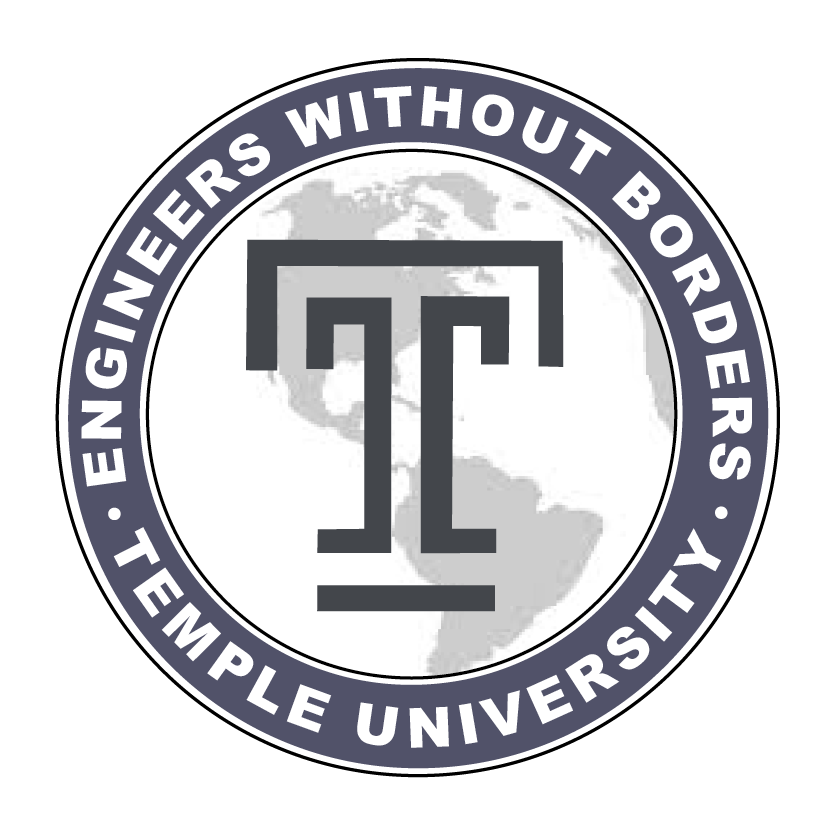Temple EWB’s current project is in a rural community of around 300 residents in Nueva Jerusalén, Ecuador. The community has expressed that one of their biggest concerns is their lack of sanitation facilities and resulting public health issues. During our Assessment trip in late May of 2023, we were able to survey all 52 households interested in collaborating with us. We were able to learn so much from the incredibly welcoming community members.

Conversations with community leaders revealed that they are aware of how their current sanitation practices (open defecation) are polluting the river, creeks, and the surrounding environment. They do not have a reliable solution for this. They also mentioned climate change being the cause of the increasing frequency of floods, which in turn worsens the clogging of their few latrines and water source. This leads to health complications, particularly high mortality rates amongst the children and other health complications.

After completing household surveys, developing base maps of the households of interest, and collecting water quality data, we are excited to begin developing designs for latrines that are best suited for their environment and needs.
During the 2023 fall and 2024 spring semesters, our team will be working on an alternatives analysis of a filtered septic tank, a bioreactor system, and a compost toilet. This work will be accompanied with the development of an inital design for each system. The community’s input and opinions will continue to be a large influence on our decisions when it comes to the latrine design.


Based off our alternatives analysis, we will choose two designs to implement 6 pilot latrines in Nueva Jerusalen during May 2024. These latrines will be surveyed over a six month period, after which the best latrine design will be implemented throughout the entire community.
